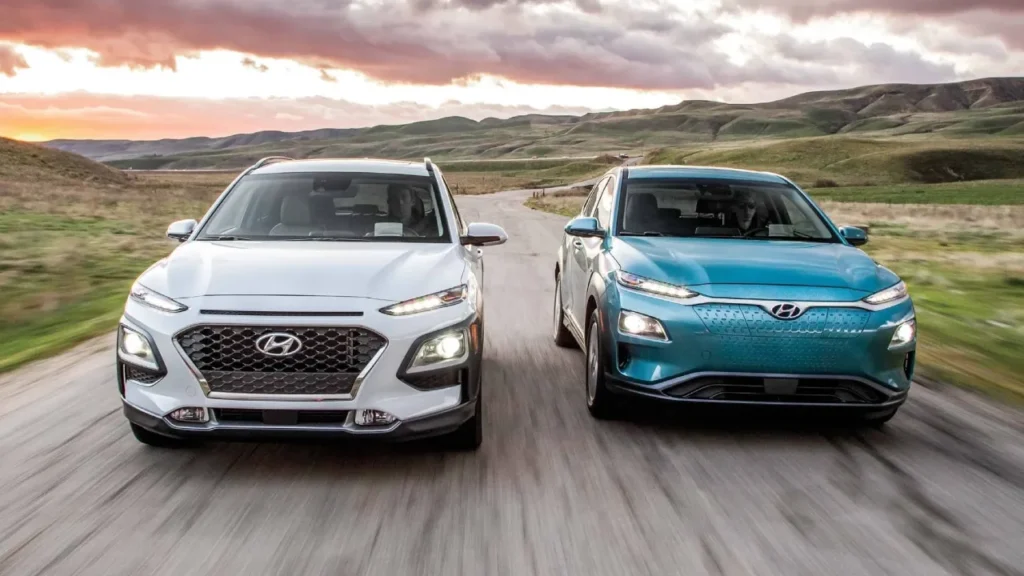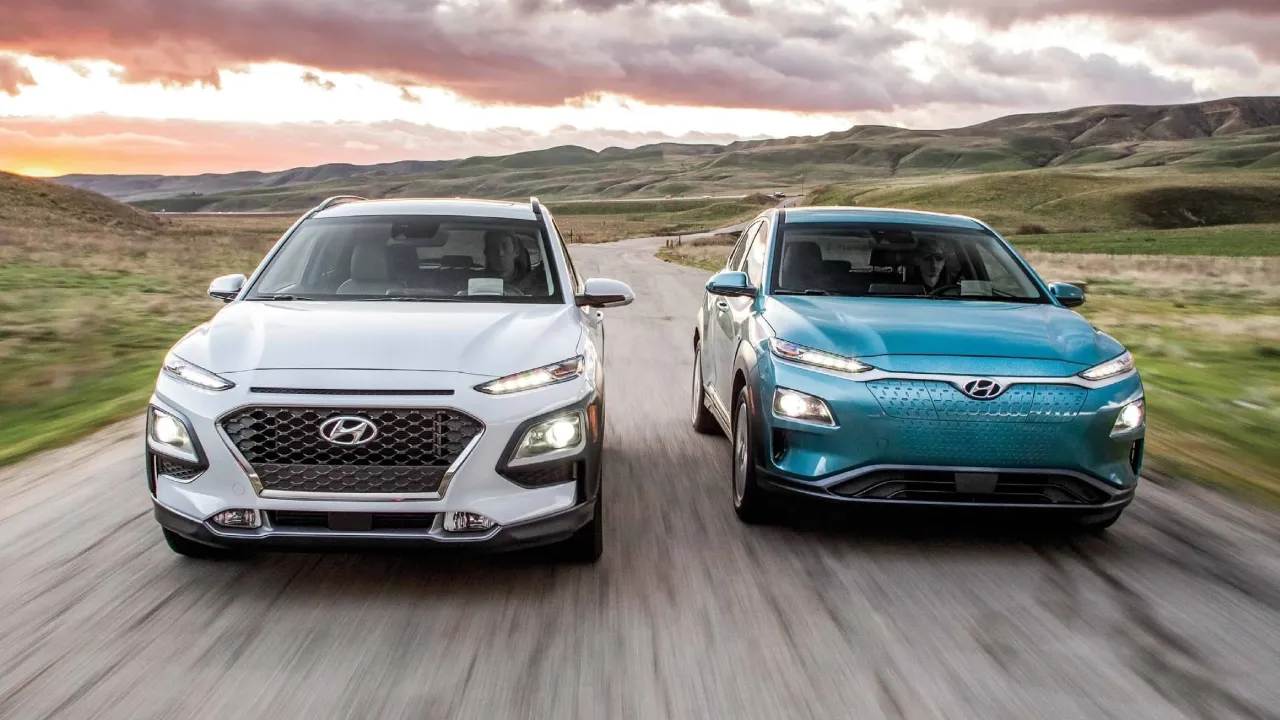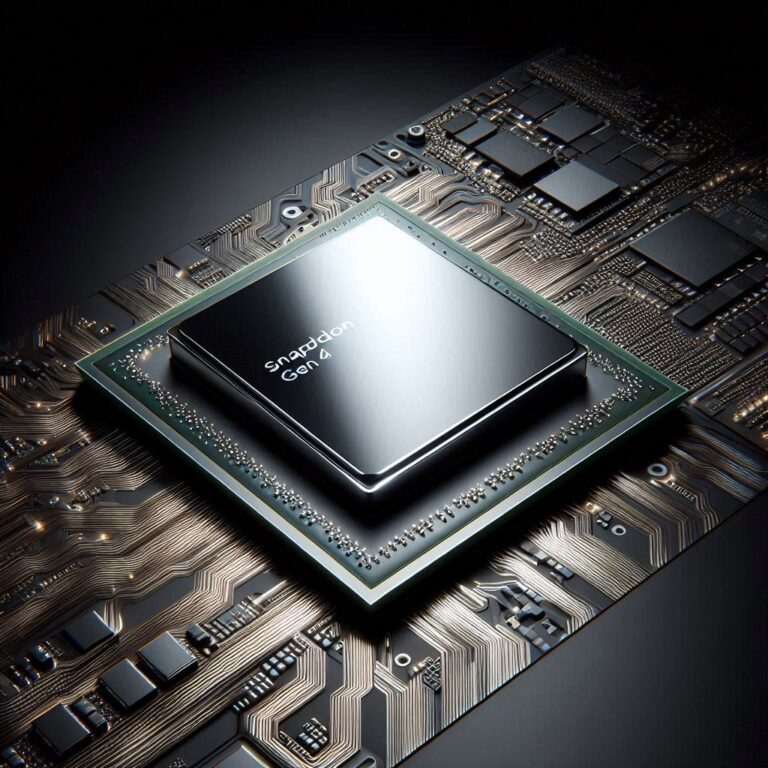
For years, electric vehicles (EVs) have been promoted as the future of transportation. With zero tailpipe emissions and a push for clean energy, it made sense. But as time passes, cracks are starting to show in the EV narrative. Meanwhile, hydrogen engines — once overlooked — are slowly gaining attention as a promising alternative. So, what’s going on? Let’s break it down.
The EV Reality: Not as Green as Promised
EVs are marketed as eco-friendly, but there’s more to the story. The battery production process, especially for lithium-ion batteries, requires the mining of rare earth metals like lithium, cobalt, and nickel. These mining operations often harm the environment and involve unethical labor practices in some parts of the world.
Additionally, generating electricity to charge millions of EVs still depends heavily on fossil fuels in many countries. So while the car might emit nothing on the road, the power plant feeding it may be polluting the air.
Range Anxiety & Charging Infrastructure
EVs still face the common problem of range anxiety — the fear that the battery will run out before reaching a charging point. Although range is improving, charging still takes longer than refueling a petrol or diesel vehicle. In rural or remote areas, charging stations are still few and far between, making long-distance travel inconvenient.
Also, the current charging infrastructure isn’t fully reliable. Fast chargers can degrade battery life over time, and large-scale installation of charging stations is expensive and slow.
Battery Life & Disposal Challenges
EV batteries degrade over time, reducing their range and performance. Replacing a battery can cost as much as buying a used car. And once a battery reaches the end of its life, disposal and recycling become another environmental challenge. Toxic waste from old batteries can contaminate soil and water if not handled properly.
Why Hydrogen Engines Deserve More Attention
While EVs face real limitations, hydrogen-powered vehicles offer a fresh perspective — combining clean energy potential with the convenience of traditional vehicles.
Faster Refueling, Longer Range
Hydrogen vehicles can refuel in just a few minutes — almost as quickly as petrol or diesel cars. Plus, they tend to offer better driving range than most EVs. This makes them ideal not only for everyday commuters but also for trucks, buses, and long-distance travel.
Clean Energy with Water as the Byproduct
When hydrogen is used in a fuel cell, the only byproduct is water vapor. No carbon emissions. If the hydrogen is produced using renewable sources (called green hydrogen), it becomes one of the cleanest energy solutions available.
Lighter Vehicles, Less Resource-Intensive
Hydrogen fuel cells are lighter than large EV batteries, especially for larger vehicles. That’s a big advantage in transportation and logistics. Also, hydrogen engines don’t depend on rare-earth metals to the extent that EV batteries do, reducing dependency on limited global resources.
Scalable for Industrial Use
Hydrogen isn’t just for cars. It has the potential to power ships, trains, and even airplanes. Industries like steel production, which are hard to electrify, can also benefit from hydrogen as a clean energy source. It’s a versatile solution with the potential to transform more than just road transport.
The Road Ahead
It’s clear that EVs have paved the way for a cleaner future, but they may not be the ultimate solution. Their limitations — environmental, practical, and economic — are beginning to become apparent. Hydrogen engines, on the other hand, offer flexibility, efficiency, and genuine eco-friendliness when supported by green energy production.
The future might not be fully electric, but it could be hydrogen-powered.
As technology improves and infrastructure develops, don’t be surprised if the real game changer comes not from batteries — but from the lightest element in the universe.
Curious about Artificial Intelligence? Explore our in-depth blog to learn more about how AI is shaping the future








